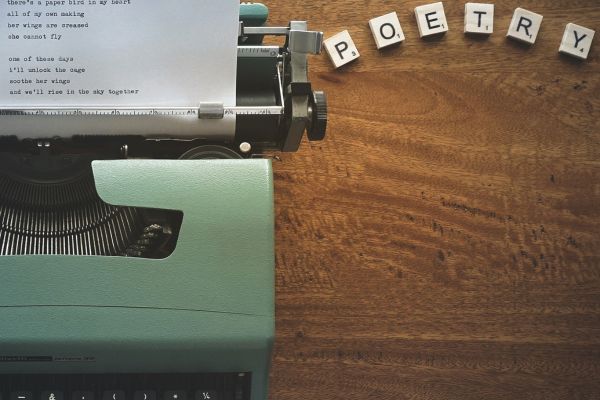
Deadline: 15-May-23
How can poetry be an effective response to current events and underreported stories? How can journalism and poetry help to make connections between global issues and the local and personal contexts? Students are invited to explore these questions and make their voices heard in their entries to the Fighting Words Poetry Contest.
Workshop Information
- Fighting Words poetry workshops are free to K-12 students and educators. However, we ask that teachers have all students complete two surveys (one before the workshop, one afterward), and that the teacher completes a post-workshop survey as well. These surveys help us continue offering free education programs, and provide necessary feedback to improve the experience for students and educators.
- Workshops last 45-75 minutes, depending on your availability and preference. They suggest scheduling a 60-75 minute workshop, if you have the class time, for a more robust discussion.
- During the workshop, the facilitator will introduce the contest mission and guidelines to students. We will also explore an excerpt of a news story together and a past contest-winning poem written in response to that news story. Time permitting, we will practice selecting lines from a news story and writing a group poem. The primary workshop goals are to get students excited about writing their poems, and to help them feel prepared and empowered to write poems that amplify both an underreported story and their own voices. Workshops are designed to be highly interactive and discussion-based. We will provide students with multiple ways to engage (verbally, in writing, in small groups, kinesthetically, etc.)
Prizes Information
- 1st place: $300,
- 2nd place: $200,
- 3rd place: $100,
- Finalists: $75,
Eligibility Criteria
- Current K-12 students anywhere in the world may enter. Students may write in any language, and are welcome to submit multilingual poems. Judges will have reading fluency in English and Spanish.
Judging Criteria
- Poems will be judged by the following criteria:
- Success of the poem on its own terms (craft, linguistic style, emotion, etc.)
- Questions to ask yourself:
- What response(s) do I want to evoke in my reader? Have I chosen the best words to evoke this response?
- Have I used poetic devices (e.g. repetition, imagery, metaphor), or chosen not to use them, to achieve a specific effect?
- Successful inclusion of lines quoted from a Pulitzer Center story, and responsiveness to the theme(s) of the story
- Questions to ask yourself:
- Have I chosen lines that add something important to the poem?
- Are the lines integrated into the poem smoothly, so their presence feels natural?
- Have I amplified the underreported story in my poem?
- Thoughtful choice of perspective and respectful treatment of subject matter
- Questions to ask yourself:
- What is my relationship to the story I have chosen? How can I make a personal connection?
- Why am I writing from the perspective I have chosen? What other perspectives could I choose, and how would those choices change the poem?
- If the subjects of the story I have chosen read my poem, how might they feel?
For more information, visit Pulitzer Center.
